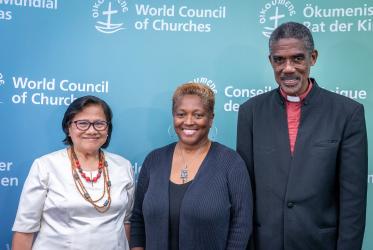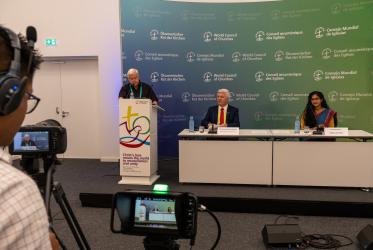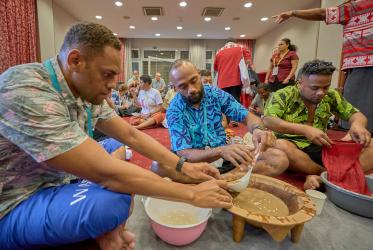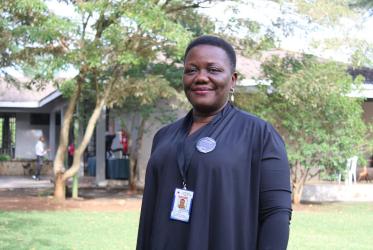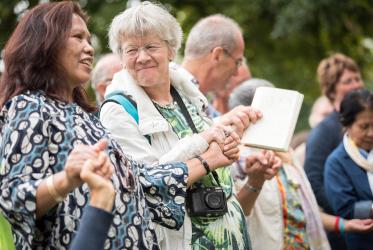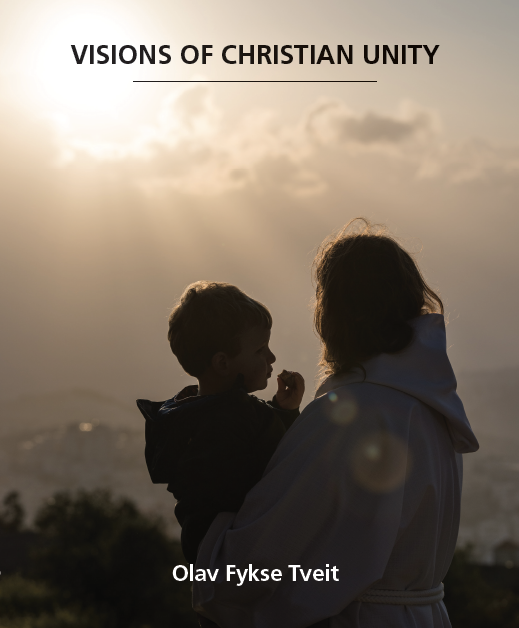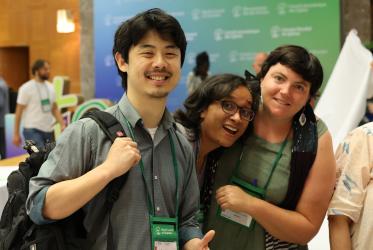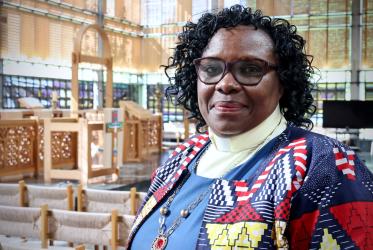Displaying 141 - 160 of 1031
Regional perspectives brought to the 11th Assembly
05 September 2022
Youth demand climate justice
03 September 2022
#ThursdaysinBlack: Stories flow from the Waterfall Tapestry
01 September 2022
Visions of Christian Unity
24 August 2022
Towards an Ecumenical Theology of Companionship: PJP Series 3
A Study Document for the Ecumenical Pilgrimage of Justice and Peace
19 August 2022
